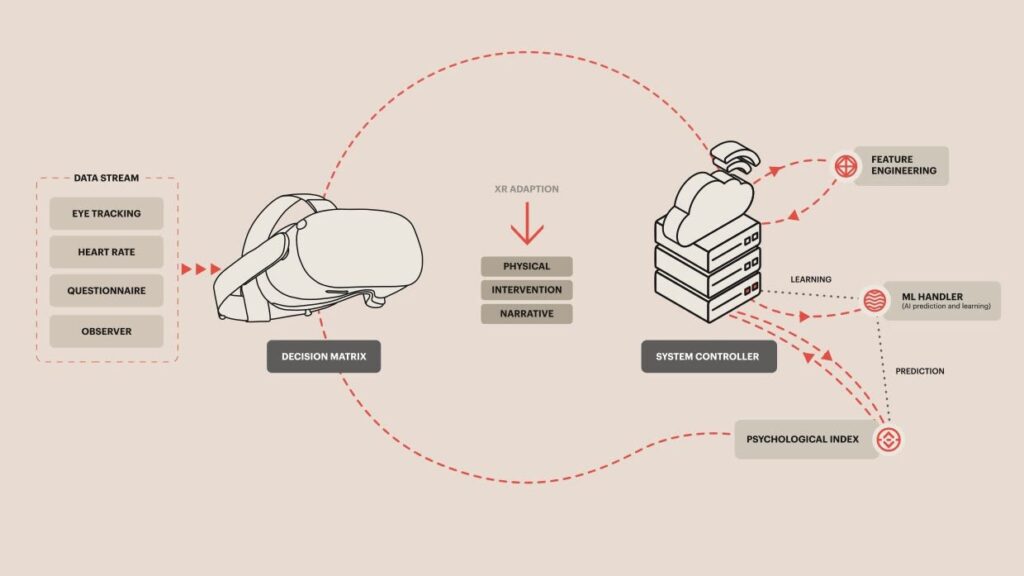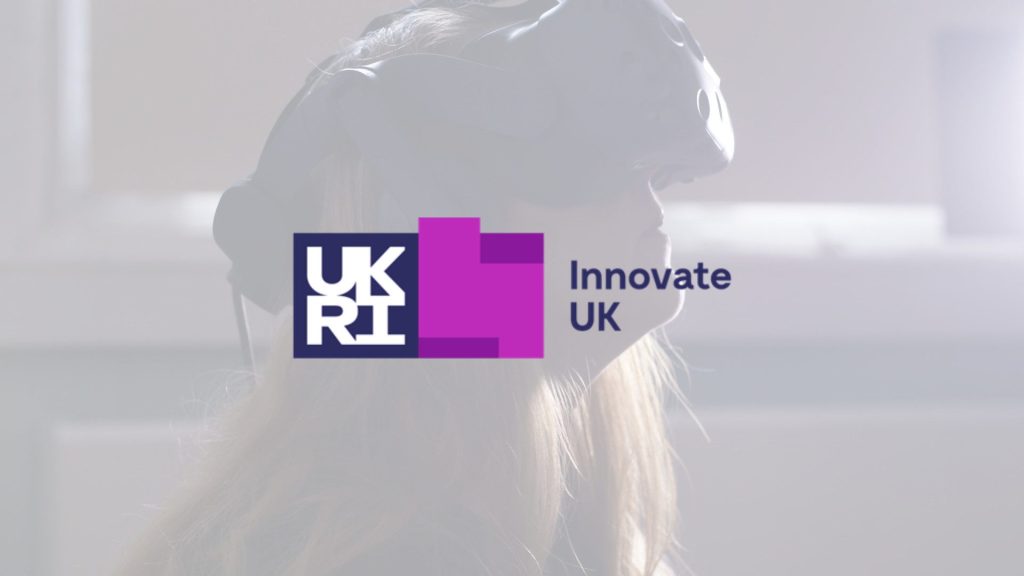Cineon, a specialist in AI, immersive technology and eye-tracking for training and therapeutic applications, has partnered with Torbay and South Devon NHS Foundation Trust and the University of Bath to develop and test ELE-Stress – an immersive resource hub designed to help first responders and other frontline workers, like NHS and police staff, manage mental health conditions that are caused by workplace stress.
Built on Cineon’s Empathic Learning Engine (ELE), the tool offers self-led, adaptive experiences that respond to real-time emotional and psychological data.

It allows users to access clinically-backed support on their own terms, whilst reducing anxiety from stigma and offering flexibility in busy workplace environments. It supports individuals in managing stress, burnout and overcoming trauma from workplace relates stressors, while providing organisations with anonymised insight into emerging patterns and pressure points.
The project is supported by funding from Innovate UK’s Mindset Extended Reality (XR) for Digital Mental Health Programme, which backs innovative solutions using immersive technology to improve mental health.
Toby de Burgh, CEO of Cineon, explained:
“Through earlier Mindset funding we tackled patient anxiety centred around healthcare services. With ELE-Stress, we’re now addressing absenteeism caused by severe workplace stress – an issue that cost the UK economy £32.7 billion in lost productivity in 2023 alone. ELE-Stress is about meeting people where they are with support that’s evidence-led, human-focused, and accessible. This funding allows us to advance adaptive technology to meet a growing challenge, while opening up our core technology, ELE, to other HealthTech developers to power the next generation of stress-adaptive interventions.”
Dr. Nick Peres, Director of Digital Innovation & Transformation, Torbay and South Devon NHS Foundation Trust, said:
“Supporting staff wellbeing is a major priority. This collaboration will help us explore new, evidence-based ways to provide that support, particularly for those returning to work after experiencing stress.”
Dr. Rachel Arnold, Reader in the Dept for Health, University of Bath, added:
“This project is a great example of user-centred innovation. By embedding service user insight into the design of virtual environments, we can create therapeutic scenarios that reflect the real challenges people face in their working lives and provide personalised support to users”
ELE-Stress has been developed to:
- Deliver preventative mental health support before issues escalate
- Provide real-time feedback using behavioural and physiological data
- Offer immersive, clinical interventions tailored to different roles and needs
- Reduce stigma by supporting users outside of clinical environments
- Improve staff retention, reduce workplace stress related absences and burnout, and support workplace thriving
With NHS and police staff wellbeing under increasing pressure, the project offers a timely, scalable response. The underlying Emotion AI (ELE) will also be made available as an API, enabling integration with other XR-based digital therapies and applications across healthcare, emergency services, and digital health to personalise other solutions to user cognition.
Cineon, Torbay and South Devon NHS Foundation Trust, and the University of Bath are proud to be part of a national movement to transform mental health support through science and technology.
For more on Innovate UK’s broader funding programme, see the official Innovate UK announcement: Innovate UK invests in digital solutions for mental health (UKRI).
Also see the Government’s release on the Mindset XR programme: Smart glasses and AI filter apps among new tech to transform the mental health of millions.









